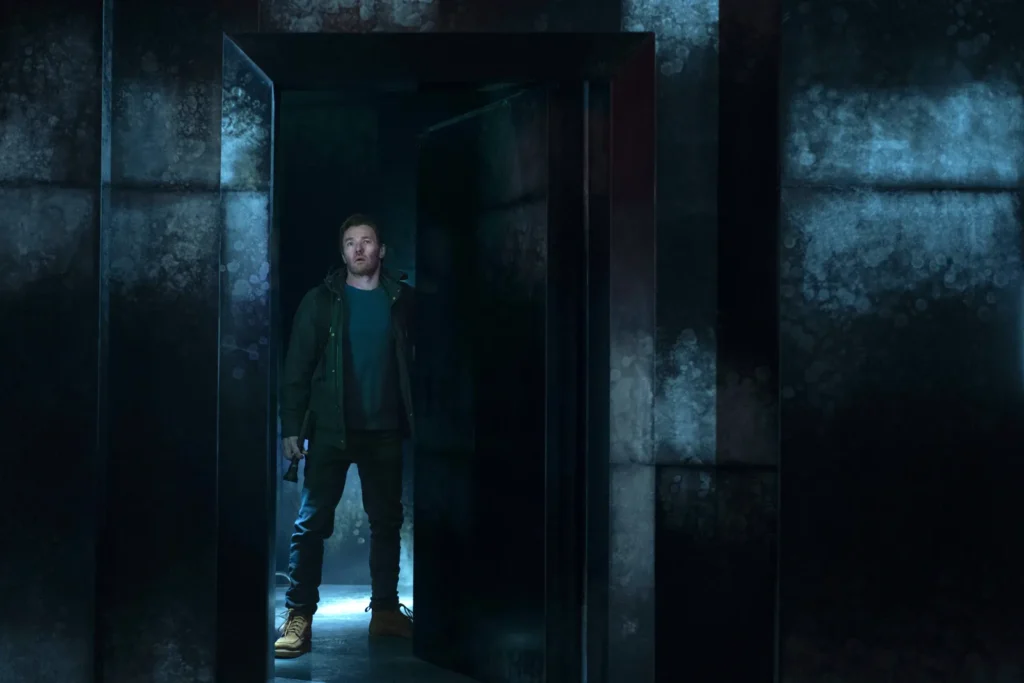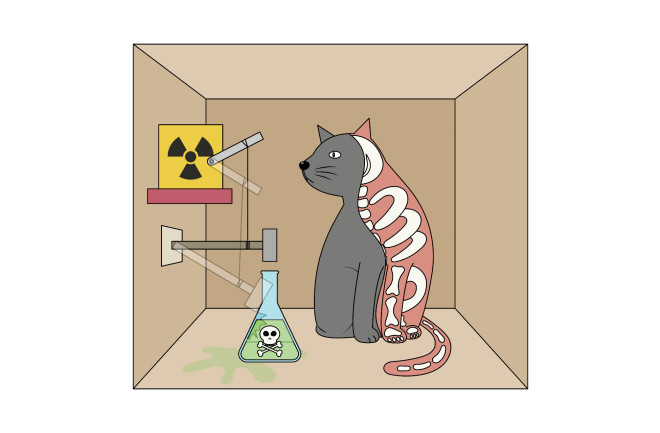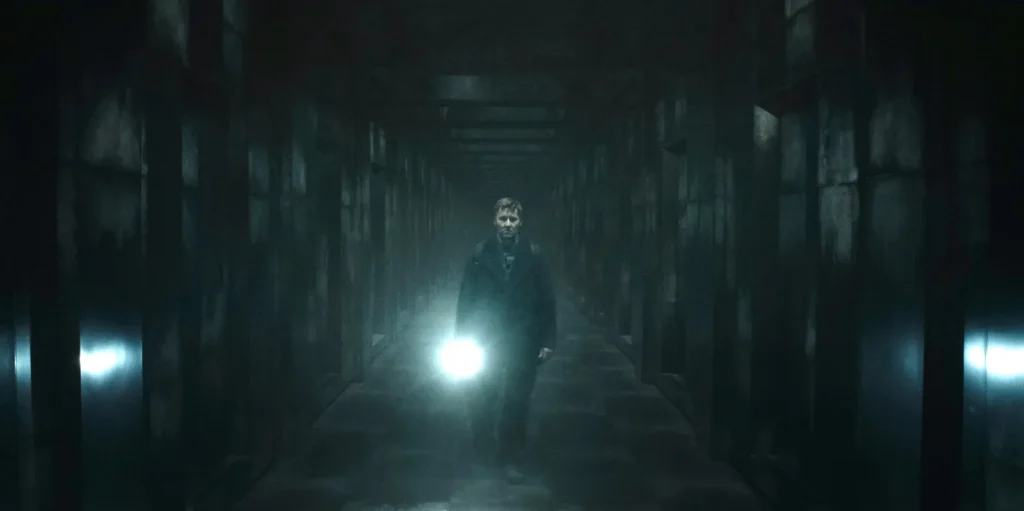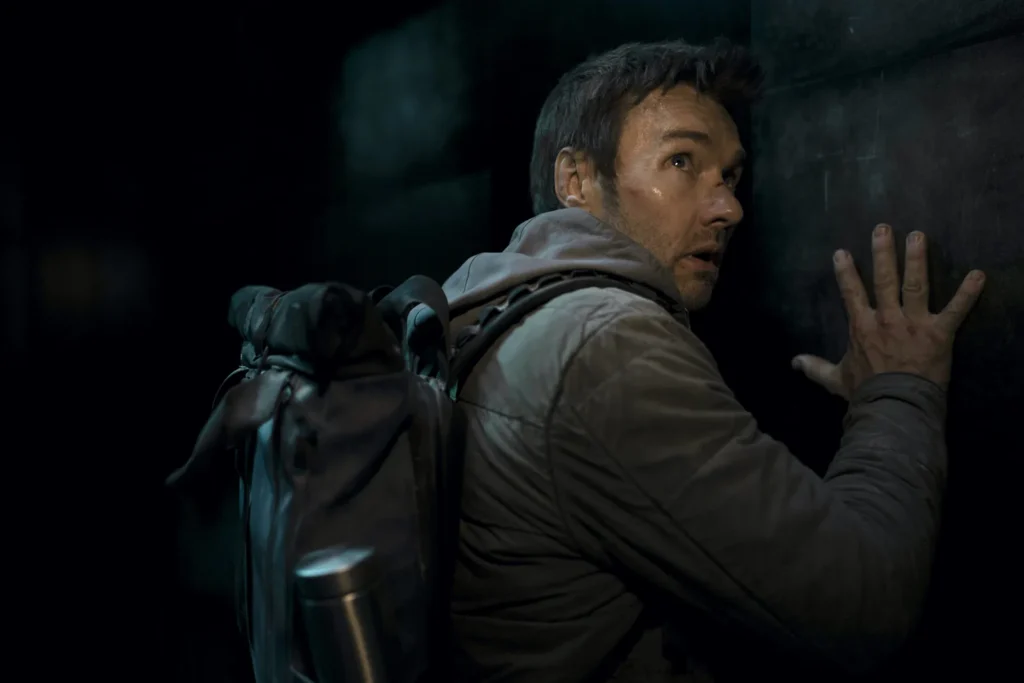Author: Kira Kyselova
Despite the exciting title associated with space and astrophysics, the new series Dark Matter offers viewers a fascinating journey through parallel realities without leaving our planet. Forget about dark matter in the Universe — this series explores the dark corners of human destiny and the countless possibilities that open up to us in alternative versions of life.

Plot multiverses (spoiler alert)
So what is Dark Matter really about? This is an American science fiction television series created by Blake Crouch based on his novel of the same name. The premiere took place recently — on May 8, 2024.
This movie tells the story of an ordinary physics teacher, a family man from Chicago. Jason Dessen lives a quiet, measured life with his beloved wife Danielle and his high school son Charlie. He and Danielle once gave up their ambitions to build their dream careers for the sake of their family, and now they seem to be a perfectly happy couple, more or less satisfied with their lives. As the story develops, through his envious double, he finds himself in an alternative version of his world, and he has to fight to return to his old life in order to prevent the alternative version of himself from taking over his family. To get back to them, he has to go through a series of parallel realities. But the most interesting question is… How exactly did he get to, and will continue to get to, the alternative realities of our universe?

The entire scientific component of the series is based on physical theories: superposition, quantum entanglement, the theory of the multiverse, and string theory. Therefore, we cannot complain about the unreliability of physical laws that can be seen in many science fiction films and series about space. Instead, we can notice a few inconsistencies in the plot and concepts that exist in the universe of this series.
But first of all, let’s look at how the director embodied scientific conjecture in his film.
Schrödinger’s cat and the cubic portal
In the first episode, we can see Jason trying to explain to his students about a thought experiment by the famous physicist and one of the creators of quantum mechanics Erwin Schrödinger. In the experiment, a hypothetical cat is placed in a box with a poison that is released when a radioactive nucleus decays with a 50% probability within an hour, so it may or may not have poisoned the cat. As a result, a superposition of the cat appears, it can be considered both alive and dead, while it is not observed in the closed box, since its fate is related to a random subatomic event that may or may not occur.

This principle was embodied in the character of Jason from a parallel world, who once chose his career over his family. Having become a famous physicist in another universe, he creates the Cube, a portal that helps him move to other alternative realities. The portal creates a state of superposition for the object inside it. So now it’s not a cat in the box, but a person. Superposition, in turn, allows us to be in each universe at the same time, but our brain is not able to grasp this state, so with the help of certain drugs it visualizes it as an endless corridor with an infinite number of identical doors. Behind each of them is hidden one of the alternative realities, and only our secret desires and subconscious determine what kind of world will be behind the doors that the characters open.

Creating a portal capable of moving matter between parallel universes would require enormous amounts of energy. In real physics, even the creation of a wormhole (a hypothetical space tunnel) requires exotic forms of matter and energy that modern science cannot yet provide. Also, creating and maintaining a stable portal requires sophisticated technical solutions, such as controlling gravitational forces and quantum states of matter with advanced technology.
Psychological illusion
During the journey, one of the key ideas is that the thoughts and emotions of the characters influence the reality they enter through the cube portal. This concept is more in the realm of philosophy and psychology than real science. In real physics, there is no evidence that subjective states of consciousness can directly change physical reality. Interaction with the environment and physical objects is subject to strict physical laws. These laws do not change under the influence of human thoughts or emotions. Alas, science does not yet know the mechanisms that would allow our nerve impulses and chemical processes in the brain to influence matter and energy.

The principle of quantum entanglement
Quantum entanglement is a phenomenon in which pairs or groups of particles interact in such a way that the state of each particle cannot be described independently of the state of the other particles, even if they are separated by a large distance. When two particles are entangled, a change in the state of one particle instantly affects the state of the other, regardless of the distance between them. This phenomenon has been experimentally confirmed and is the basis of quantum encryption and computing. The most important thing to note is that entanglement occurs at the level of very small, subatomic particles such as electrons and photons. In the real world, these changes are described at our macro level, affecting the behavior and state of people and objects. This does not correspond to modern science, as entanglement at this level requires conditions that are currently unattainable.

The denouement
Throughout the series, we can see that when the characters enter a new world, they cause certain changes in it, affecting the lives of other characters. In the finale, Jason caused a collapse with his decisions and actions, resulting in many copies of him who made and went through a similar, but still different path. Following the logic of the series, every person who enters the cube and travels somewhere must eventually create many copies of themselves, but only the main character got into trouble

So, as a result, every action we take has some consequences, and we should remember this, because it concerns not only us, but also our loved ones. And even in the idealized world you’ve always wanted to be in, there will be difficulties, because life is like that — changeable and unpredictable. Needless to say, the eternal questions such as “who am I?” or “what is my place in this world?” that touched upon this series and, in general, constantly disturb the human mind.
As a result, we can state that Dark Matter is a typical piece for this genre, lacking any novelty, but is able to capture attention and hold the intrigue. The journey is not without its rough edges and unnecessary stops, but at least there is no desire to stop it halfway through.
About the author:
Kira Kiseleva
Journalist
A science enthusiast who loves to share her knowledge with the world. By day she teaches physics and math, and by night she writes about the fascinating expanses of science and the beauty of the starry sky. She hopes that her articles will become a source of inspiration and new knowledge!

